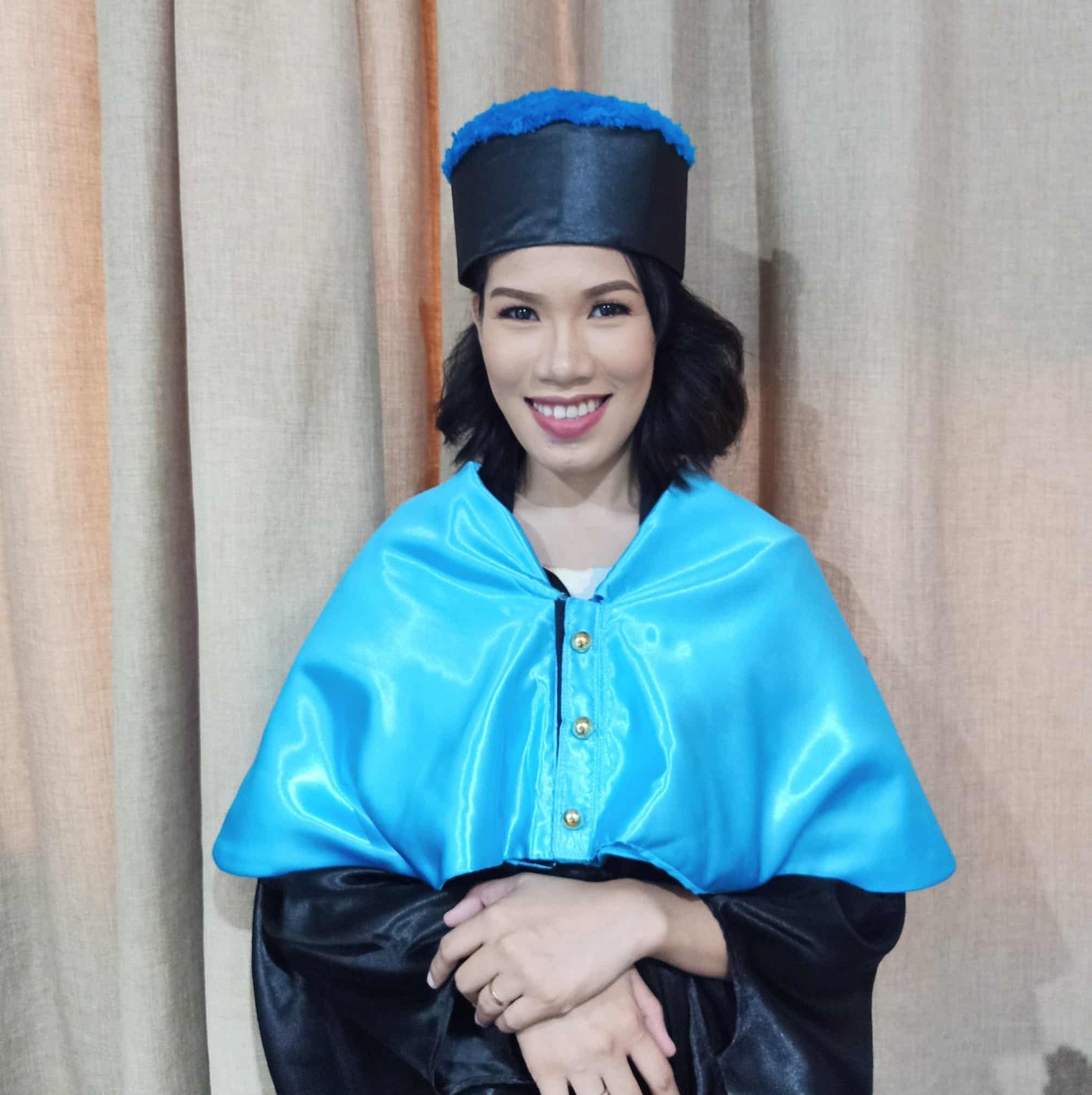Philippine literature has a long and colorful history. For over a thousand years, Filipinos have been sharing stories through songs, poems, and oral traditions. These stories show how Filipinos lived, what they believed in, and what values they held.
To understand our literature better, we study the Philippine Literary Periods. Each period reflects a different chapter in our history—from the time before colonization to today’s digital age.
Pre-Colonial Period
The pre-colonial period literature is our country’s earliest form of storytelling. Most of it was oral, passed down by word of mouth. Stories were told through chants, poems, riddles, and songs. These helped teach lessons, explain nature, and entertain people.
Key Features:
- Shared orally (no printed books yet)
- Talked about heroes, nature, gods, and love
- Showed Filipino customs and beliefs
- Examples include epics, riddles, proverbs, and folk songs
Examples of Philippine Literature from This Period:
- Biag ni Lam-ang (Ilocano epic)
- Darangan (Maranao epic)
- Hinilawod (Visayan epic)
- Ibalon (Bicolano epic)
- Bugtong (riddles), Salawikain (proverbs), and alamat (legends)
These are just one example of Philippine literature that reflect our ancestors’ creativity and values.
Learn more about the Pre-Colonial Period here.
Spanish Period
When Spain came, they brought Christianity and introduced writing using the Roman alphabet. Literature during this time was used to spread religion, but later on, it also became a way for Filipinos to express love for the country.
Key Features:
- Written in Spanish and Tagalog
- Focused on religion and Christian teachings
- Literature is classified as religious and secular
- Later, writers expressed nationalism and freedom
Examples:
- Pasyon – the story of Jesus’ life and death
- Florante at Laura by Francisco Balagtas
- Works by Jose Rizal, like Noli Me Tangere and El Filibusterismo
- Awit and Korido (types of poems)
- Zarzuela (musical plays with social themes)
Learn about the forms of literature during the Spanish Period here.
American Period
The Americans introduced public education and English. Many Filipino writers learned to write in English and used it to share their thoughts on freedom, identity, and society.
Key Features:
- English became the main language for literature
- Stories and poems used free verse and modern styles
- Filipino writers went into all forms of literature like news, reporting, poetry, stories, plays, essays, and novels
- Writers talked about Filipino life and social justice
- Writings clearly depicted the Filipinos’ love of country and their longings for independence.
Examples of Philippine Literature During This Time:
- Dead Stars by Paz Marquez Benitez – first modern short story in English
- Poems by Jose Garcia Villa – known for his unique style
- Short stories, plays, essays, and news articles about Filipino life
Learn about the forms of literature during the American Period here.
Japanese Period
During World War II, Japan occupied the Philippines. English was banned, so writers used Filipino and regional languages again. Literature became a way to share the struggles of war and show quiet resistance.
Key Features:
- Writers stopped using English
- Return to writing in Tagalog and native languages
- Focused on life in the provinces, suffering, and war
- Some works secretly opposed the Japanese through symbolism
Post War Period
After World War II, writers focused on rebuilding the nation. Literature reflected the struggles for justice, truth, and democracy. This period includes the time of Martial Law, when censorship was strict, but writers continued to speak up through hidden or symbolic writing.
1945–1972 (Before Martial Law)
- Writers found their voice again
- Literature talked about rebuilding and identity
- Writing in native languages became more popular
- Writers joined workshops and publications
1946–1960
- Focus on healing and recovery after the war
- More works on social issues and everyday life
1970–1972 (Rise of Nationalism)
- Young writers wrote about activism, Filipino pride, and change
- Literature became a tool for protest
1972–1981 (Martial Law)
- Marcos declared Martial Law
- Many writers were censored or silenced
- Some used symbolism or underground publishing to resist
1981–1985
- Writers kept writing about freedom, justice, and truth
- Literature helped prepare the people for democracy’s return
Contemporary Period
After the People Power Revolution in 1986, literature became more diverse. Writers used different languages and explored new forms like graphic novels, blogs, spoken word, and digital stories.
Key Features:
- Use of different languages and genres
- Rise of Wattpad stories, blogs, and spoken word
- Writers explore gender, identity, global issues, and Filipino life
Famous Writers:
- Many modern writers are also gaining global recognition
- F. Sionil Jose, Nick Joaquin
Final Thought
The Philippine Literary Periods show how our literature grew as our country changed. From the pre-colonial period literature to the present day, stories have always been part of how Filipinos understand life, fight for what’s right, and express who we are.
Knowing the different periods helps us see the value of every example of Philippine literature, not just as school lessons, but as part of our identity as Filipinos.
If you’re looking for more resources about Philippine Literature, then make sure to browse my page.




